Find out more about the fundamental aspects of an integrated city. Moka Smart City’s Sustainability Coordinator, Anielle Carver introduces us to the six axes supporting the sustainable urban development of Moka: water, waste management, circular economy, mobility, energy transition and urban planning.
Anielle’s mandate is to enable the city to achieve various sustainability goals through the development of a roadmap, among others. She tells us more about her role: “We are working to ensure that our infrastructure meets international certifications and best practices through these six priority areas of development. This intensive work is performed through projects with a positive impact, but also by raising awareness among city users and enabling them to adopt healthy practices. This would make Moka the pioneer of sustainable development in Mauritius,” she says.
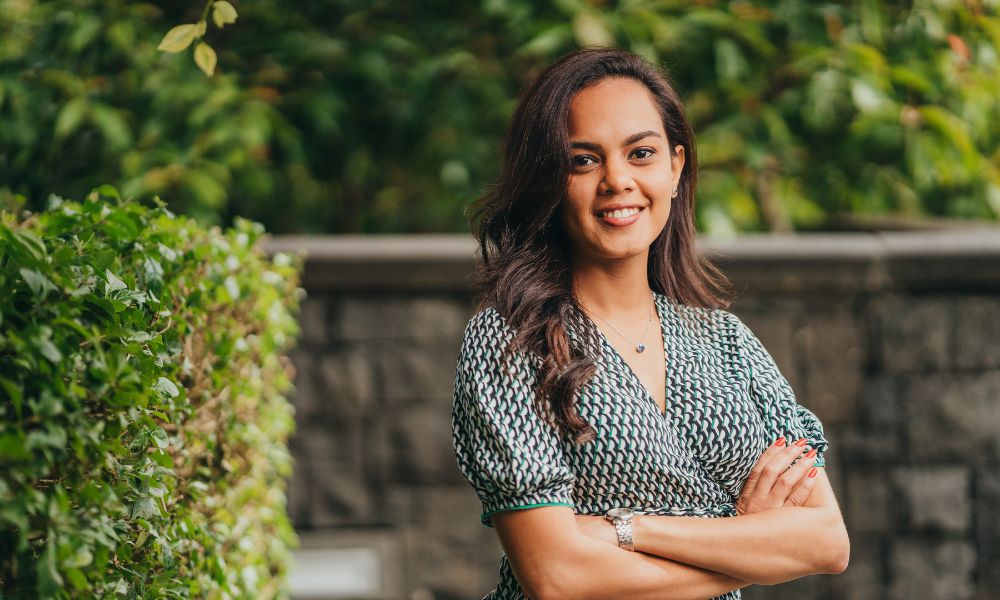
How does this work? Learn more:
Sustainable urban planning, one of the four pillars of Moka’s development, is the practice of building cities, which focuses on promoting their long-term viability by reducing consumption, waste and harmful impacts on people and places while improving the general well-being of people and places. Well-being includes the physical, ecological, economic, social, health and equity factors, among others, that make up cities and their populations.
In Moka, we focus on 6 main axes to create the most sustainable city possible:
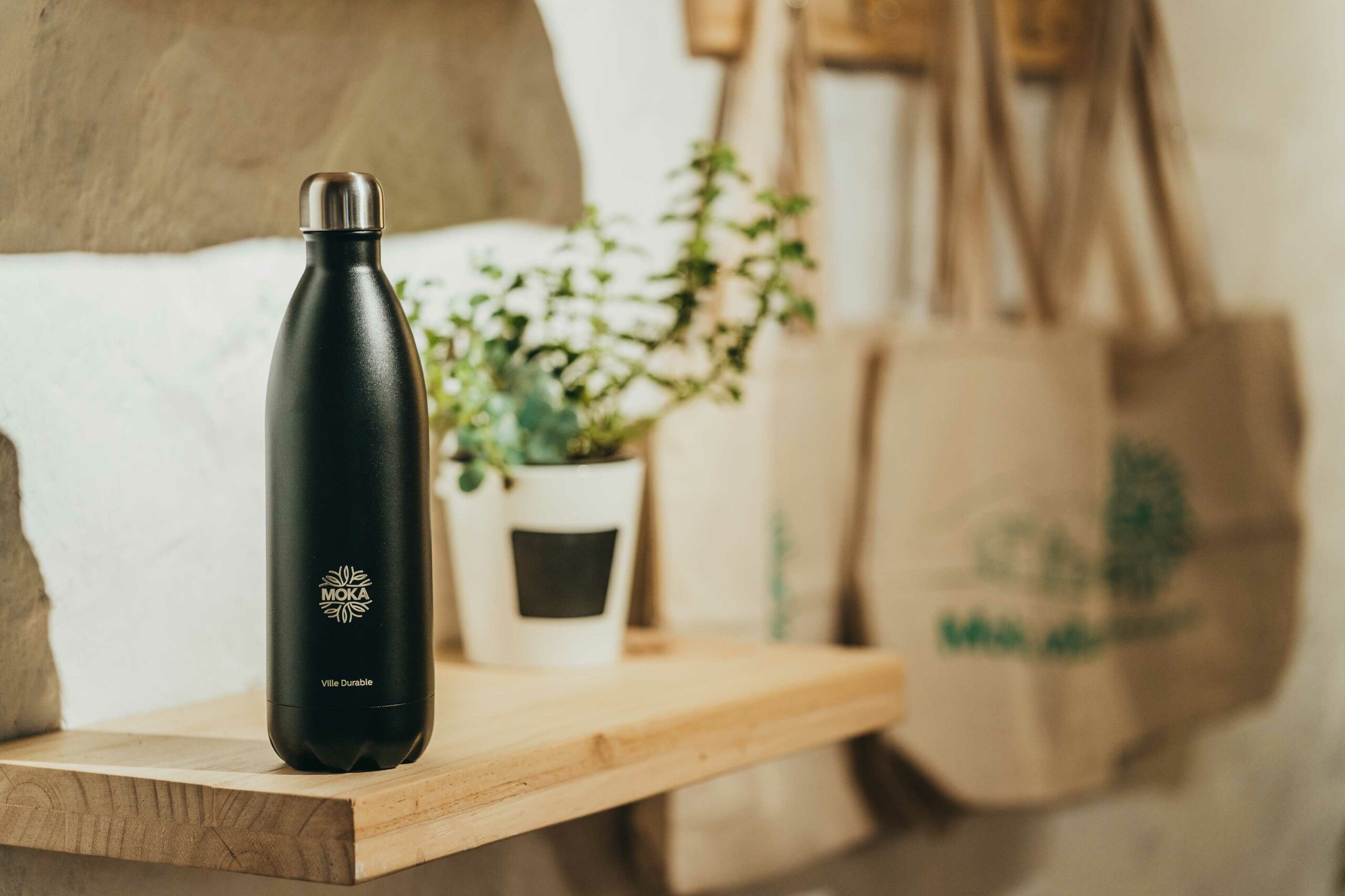
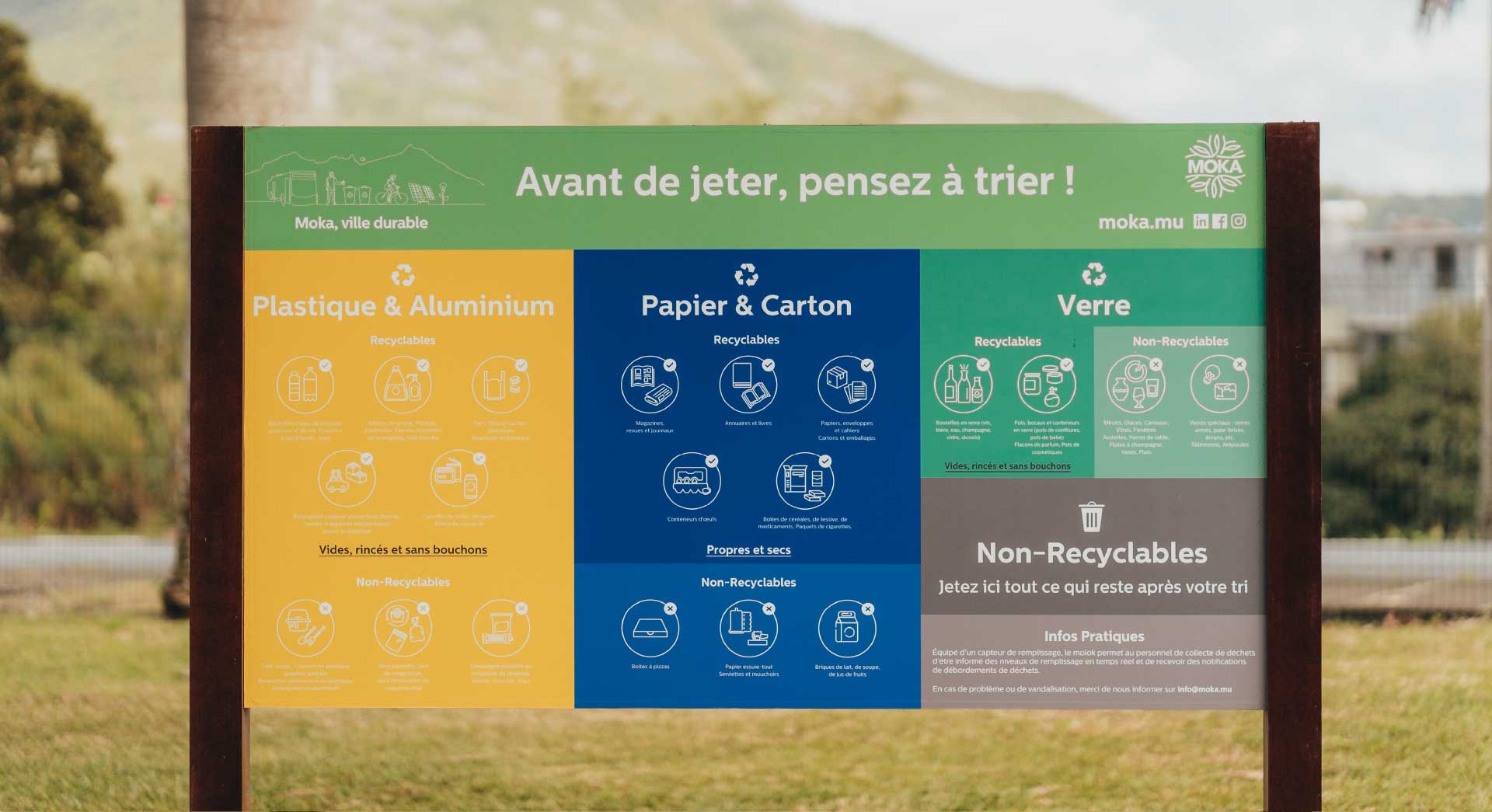
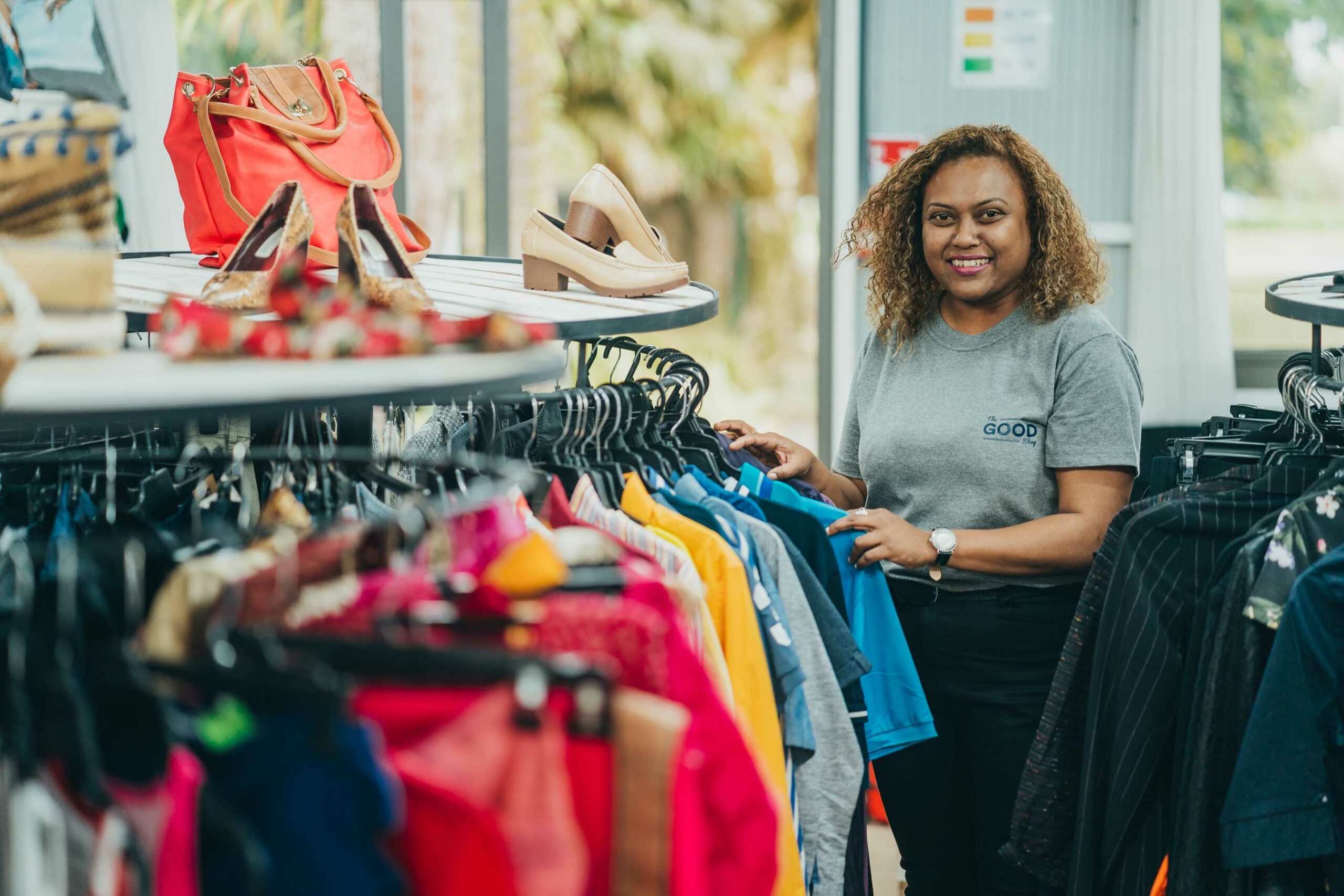
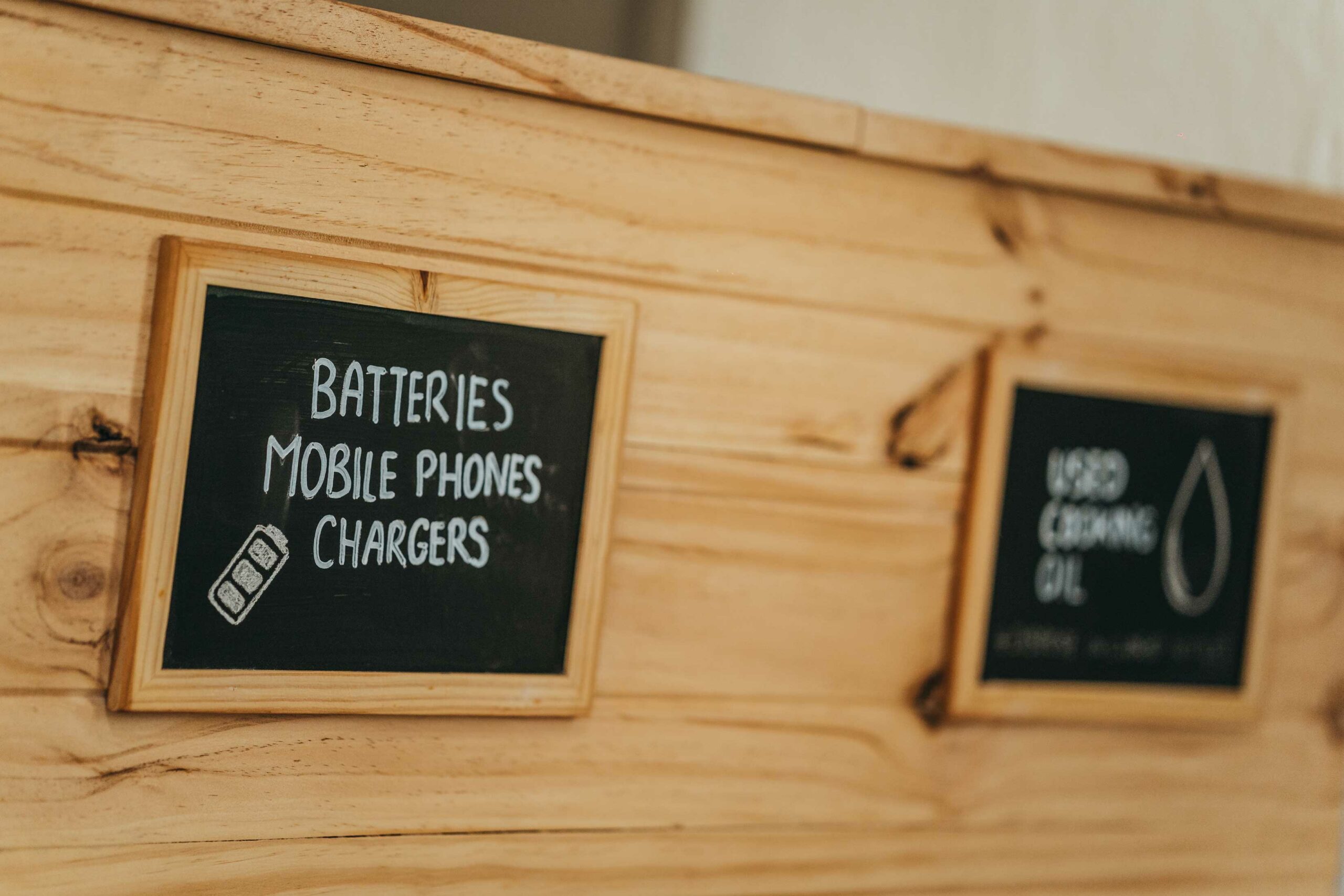
1. Water, or the principle of saving this precious resource as much as possible.
A development plan has been prepared for Moka taking account of natural drainage and water runoff courses to ensure sustainable management that considers the impacts of climate change such as the increasing risk of flooding.
To reduce the demand for drinking water on the national network, a rainwater and treated wastewater holding pond will be operational by June 2023 to meet the non-drinking water needs of public spaces and residents.
2. Waste management, or waste treatment to reduce the amount sent to landfills.
Moka continues to play its part, including through selective sorting, which has now been extended to used household waste oils and electronic and electrical waste. Thus, a map marking all recyclable waste drop-off points accessible to the public throughout the city is underway.
3. The circular economy, or encouraging responsible consumption that promotes recycling, reuse and local businesses.
The implementation of this axe includes the opening of Le ReStore in 2022. This one-stop shop brings together The Good Shop, a pioneer in second-hand fashion, Baz’art Kreasion, which promotes local crafts (using recycled items as material) and the Moka Corner, which sells reusable water bottles, reusable bags and compost made using organic waste from the city’s restaurants, among others.
Thanks to these actions, Moka has asserted itself as an important element of the Mauritian circular economy and is now participating in the development of the National Roadmap for Circular Economy, a project of the Ministry of the Environment, Solid Waste Management and Climate Change.


4. Mobility, or facilitating the transition towards more sustainable transport modes.
La Promenade is an infrastructure that will ultimately cross the city with the aim to promote soft mobility. To date, 10km of pedestrian and bike paths have already been developed throughout the city and its various neighbourhoods.
Commute is also a success. This free application facilitates carpooling and has saved the equivalent of 1000 kg of CO₂ so far.
5. Energy, or ensuring energy efficiency and making maximum use of renewable energy sources.
These initiatives include the rooftop photovoltaic farm at Bagatelle Mall and smart meters to allow residents to monitor their energy consumption to increase savings.
All these measures are being implemented by Anielle and her team to enable every citizen to enjoy the city in ways that safeguard our precious natural resources.
6. Urban planning, or eco-responsible urbanization.
This approach, which relates to the development of the territory, adopts an integrated vision based on sustainability and respect for nature. To this end, it adheres to three key principles:
- Eco-construction, which aims to optimize resources and energy consumption
- Mixed-use development, which maximizes the versatility of a space rather than building multiple single-use structures, while reducing travel
- Creation and preservation of green spaces to protect natural heritage.
The city aims to soon obtain LEED Neighborhood Development (ND) certification for some of its precincts. This will validate a comprehensive urbanization plan that meets various ecological requirements, from intelligent street lighting to green spaces, which represent 20% of the city in Moka.
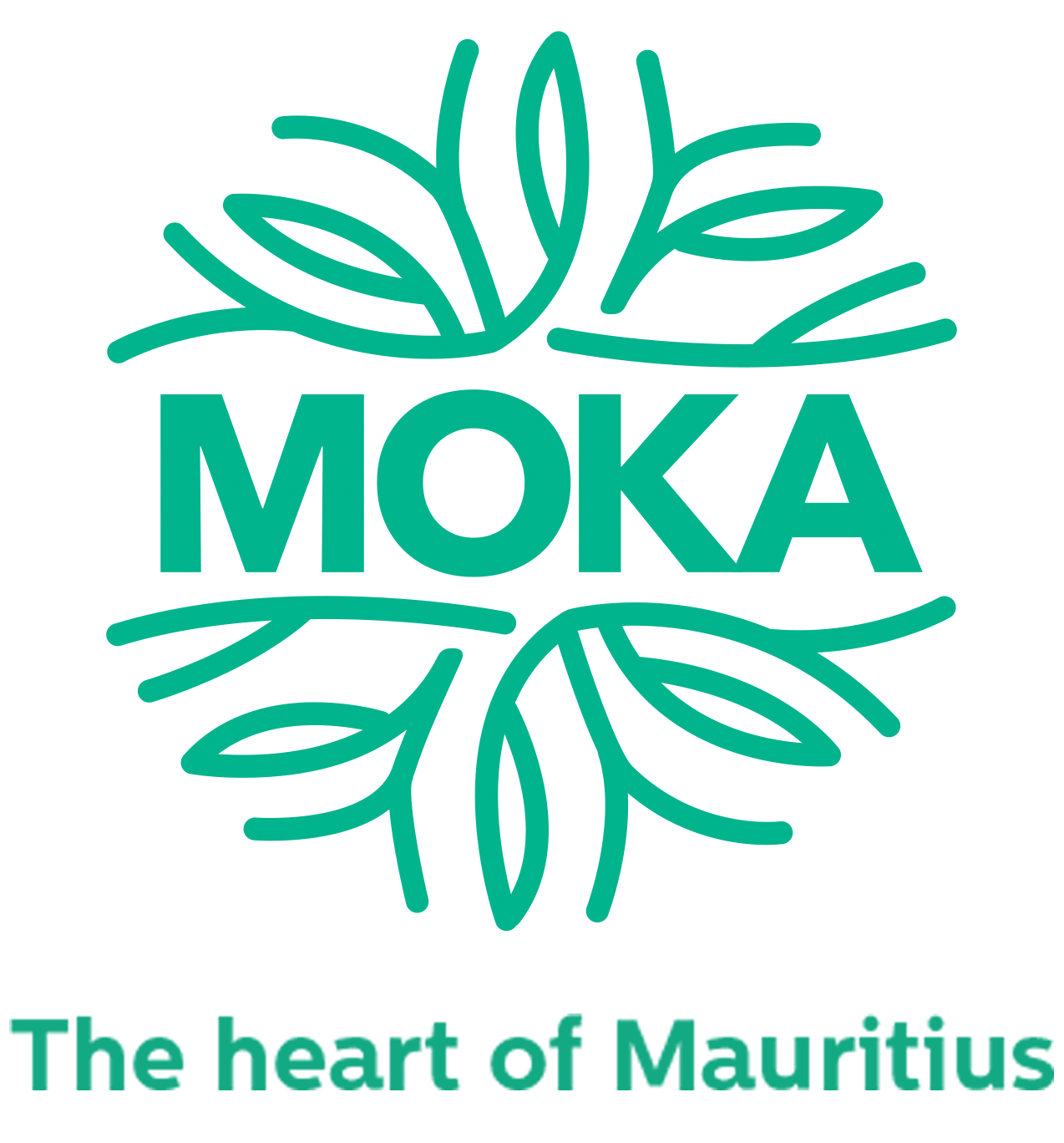
February 10, 2023 at 3:29 pm , Anna said:
Interesting post, thanks for sharing.